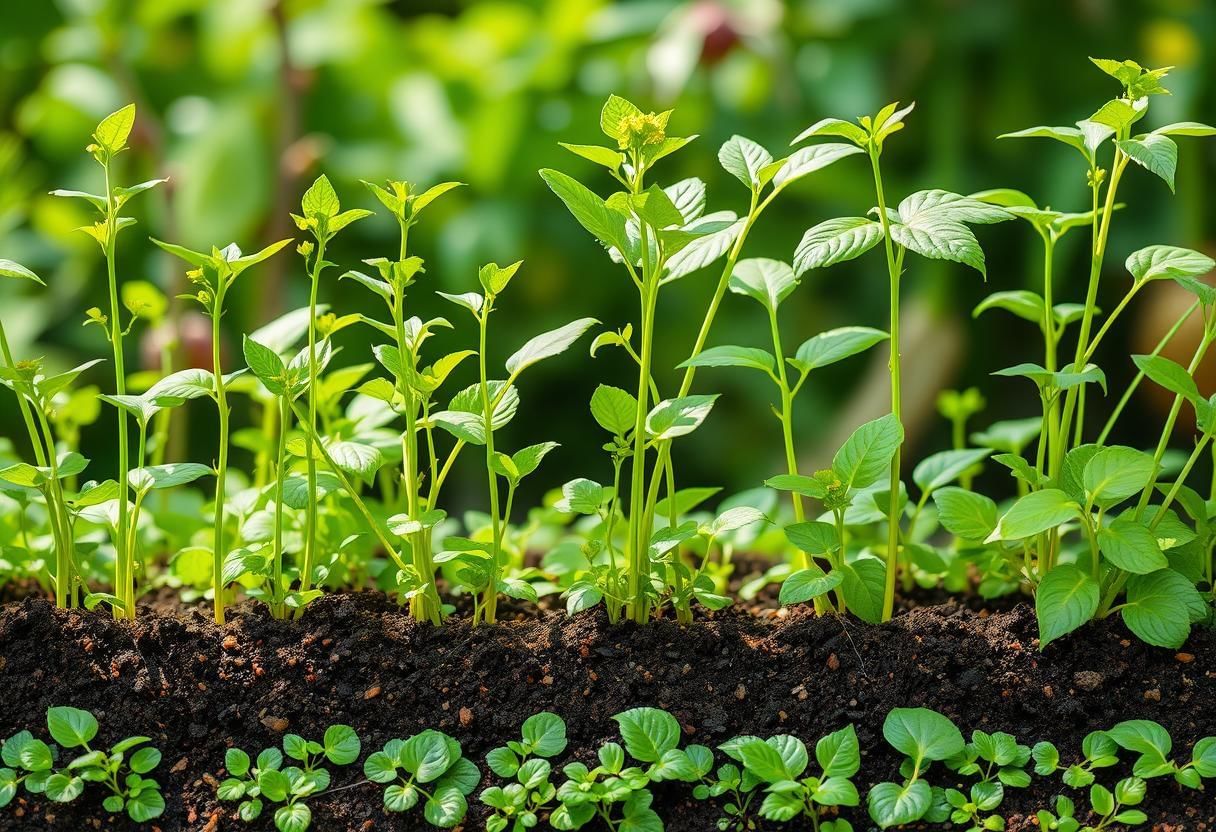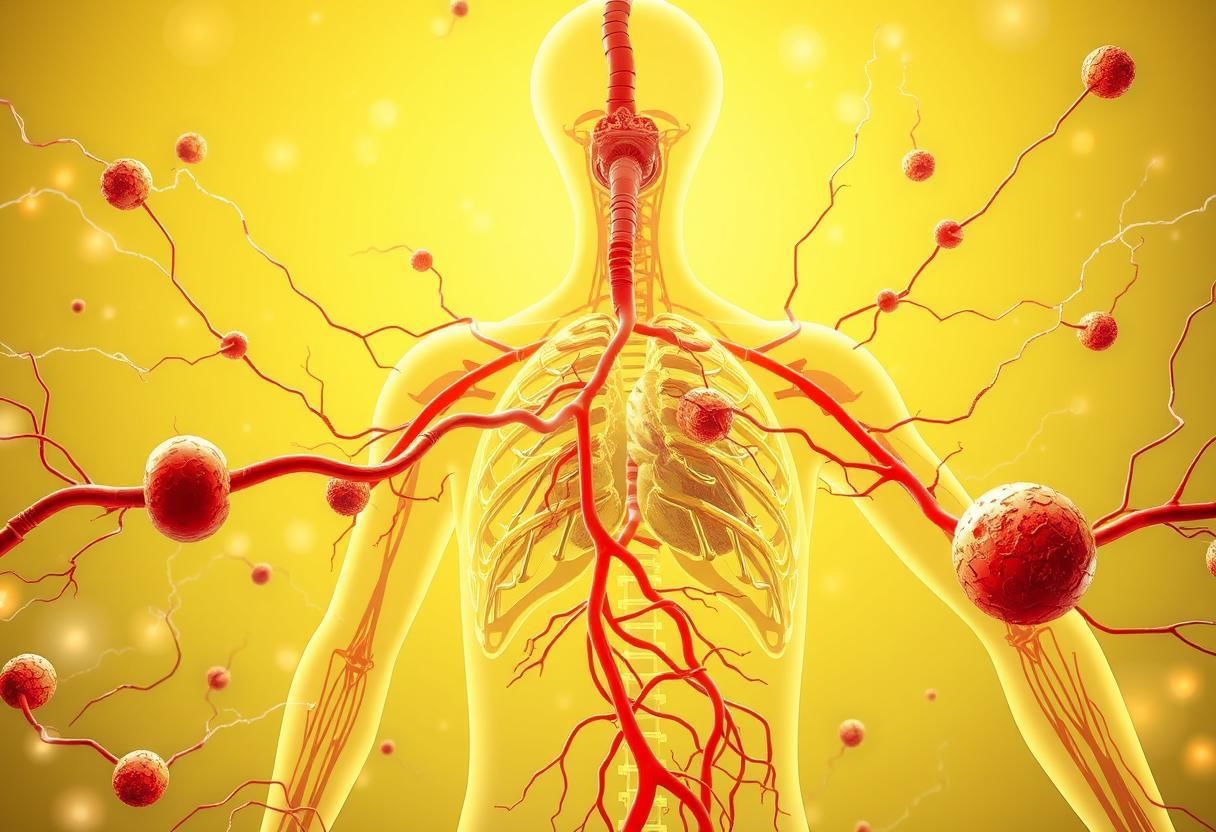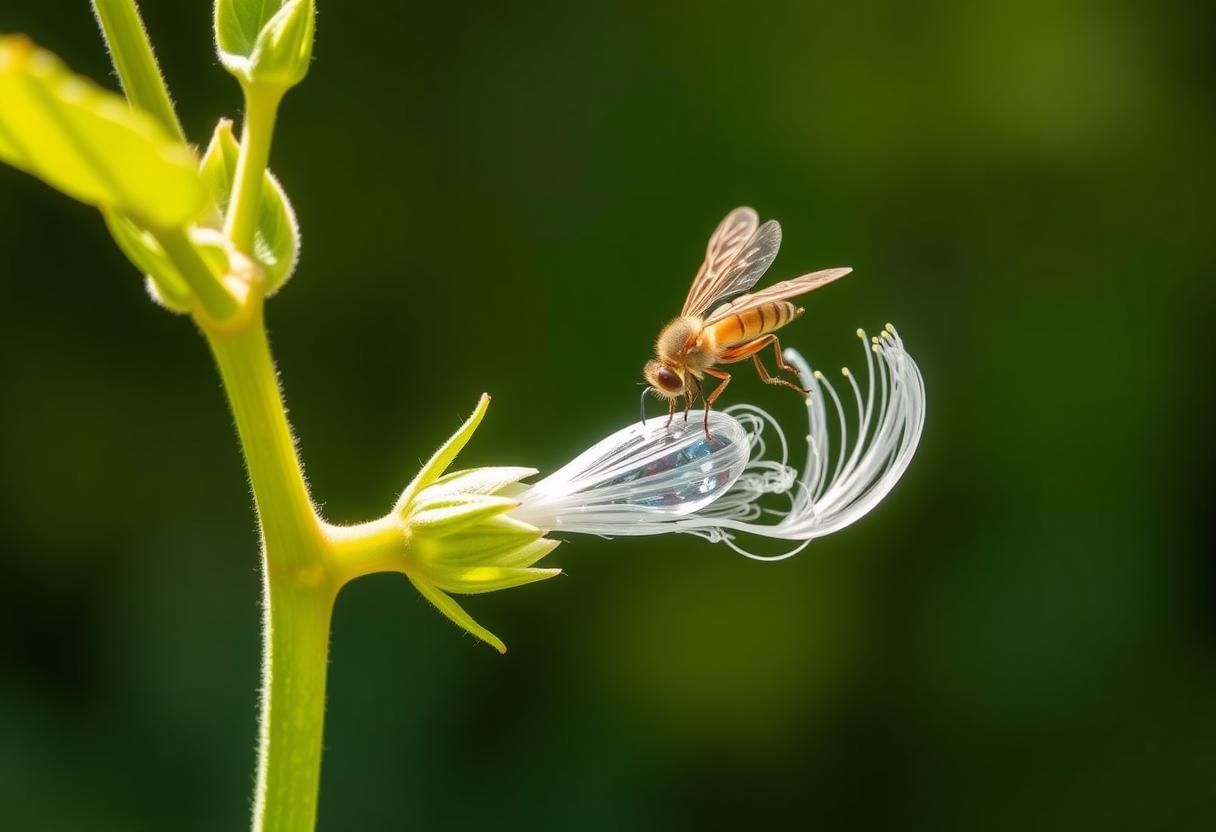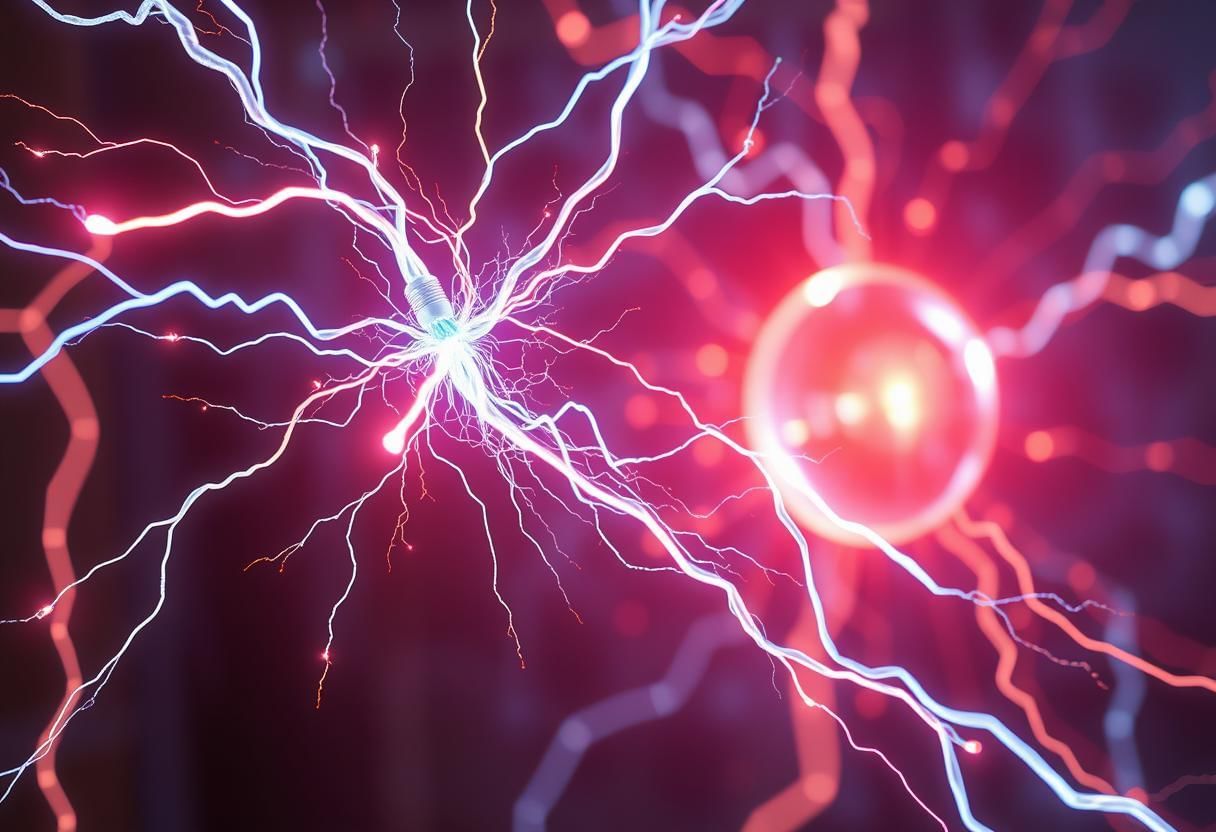Syllabus: Science for Class 7 | Science Class 7 (Old NCERT) PDF Download
In Class 7 Science, we will cover a wide range of exciting topics that will fuel your curiosity and expand your understanding of the world around you. From understanding the basics of physics, chemistry, and biology to exploring the fascinating areas of environmental science, CBSE has syllabus is designed to spark your interest and encourage you to ask questions.

Do you know ? Throughout the journey, Paheli and Boojho will guide you, and your active participation in questioning and exploring will be the key to making this learning experience more interesting So, gear up for a fantastic exploration of the Class 7 Science syllabus, where every lesson is a stepping stone to uncovering the mysteries of the scientific world!
CBSE Class 7 Science Syllabus
Chapter 1: Nutrition in Plants
Understanding how plants obtain and utilize nutrients is crucial for exploring the foundation of life. In this chapter, we delve into the fascinating world of plant nutrition, exploring the processes that sustain their growth and development.
- Mode of Nutrition In Plants
- Photosynthesis
- Other Modes of Nutrition in Plants
- Saprotrophs
- How Nutrients are Replenished in The Soil

Chapter 2: Nutrition in Animals
In this chapter, we'll explore how different animals eat and get the energy they need. We'll look at how they digest their food and take in the nutrients to keep their bodies working.
- Different Ways of Taking Food
- Digestion in Humans
- Digestion in Grass-Eating Animals
- Feeding and Digestion in Amoeba
Discover the principles of heat and its profound impact on our physical world. From understanding the basics of temperature to exploring heat transfer mechanisms, this chapter explores the role of heat in shaping our environment and daily experiences.
- Hot and Cold
- Measuring Temperature
- Laboratory Thermometer
- Transfer of Heat
- Kinds of Clothes We Wear in Summer and Winter

Chapter 4: Acids, Bases, and Salts
Dive into the areas of chemistry as we explore the properties and behaviors of acids, bases, and salts. This chapter unravels the mysteries behind these substances, shedding light on their significance in both natural and synthetic processes.
- Acids and Bases
- Natural Indicators Around Us
- Neutralisation
- Neutralisation in Everyday Life

Chapter 5: Physical and Chemical Changes
Witness the transformations matter undergoes in this chapter dedicated to physical and chemical changes. From changes in state to the rearrangement of atoms, grasp the fundamental concepts that govern these changes in the physical world.
- Physical Changes
- Chemical Change
- Rusting of Iron
- Crystallization
Chapter 6: Respiration in Organisms
Explore the breath of life as we delve into the process of respiration in organisms. Uncover how living beings extract energy from nutrients and understand the importance of this fundamental biological process for survival.
- Why Do We Respire?
- Breathing
- How Do We Breathe?
- What Do We Breathe Out?
- Breathing in Other Animals
- Breathing Under Water
- Do Plants Also Respire?

Chapter 7: Transportation in Animals and Plants
Embark on a journey through the circulatory systems of animals and plants. This chapter elucidates the mechanisms by which organisms transport essential substances, highlighting the remarkable adaptations that enable life to thrive.
- Circulatory System
- Excretion in Animals
- Transport of Substances in Plants
Chapter 8: Reproduction in Plants
Unlock the secrets of plant reproduction in this chapter. From the intricate processes of pollination to the formation of seeds, gain insights into the diverse strategies that plants employ to ensure their species' continuity.
- Modes of Reproduction
- Sexual Reproduction
- Fruits and Seed Formation
- Seed Dispersal

Immerse yourself in the concepts of motion and time. This chapter explores the fundamental principles governing the movement of objects and the measurement of time, offering a foundation for understanding the dynamics of the physical world.
- Slow or Fast
- Speed
- Measurement of Time
- Measuring Speed
- Distance-Time Graph
Chapter 10: Electric Current and its Effects
Enter the electrifying world of electric currents and their effects. Understand the principles of electrical circuits, their applications, and the impact of electric currents on various devices and materials.
- Symbols of Electric Components
- Heating Effect of Electric Current
- Magnetic Effect of Electric Current
- Electromagnet
- Electric Bell

Illuminate your understanding of light in this chapter. From the basics of reflection and refraction to the phenomenon of dispersion, explore the properties and behaviors of light that shape our perception of the world.
- Light Travels Along A Straight Line
- Reflection of Light
- Right or Left!
- Playing with Spherical Mirrors
- Images Formed By Lenses
- Sunlight - White or Coloured?
Chapter 12: Forests: Our Lifeline
Delve into the heart of our ecosystem in this chapter dedicated to forests. Recognize the pivotal role they play in maintaining ecological balance, providing resources, and sustaining life on Earth.
- Visit to a Forest

Uncover the journey of wastewater in this chapter. From its generation to treatment and disposal, explore the processes involved in managing this essential yet often overlooked aspect of our daily lives.
- Water, Our Lifeline.
- What Is Sewage?
- Water Freshens Up – An Eventful Journey
- Wastewater Treatment Plant (WWTP)
- Better House Keeping Practices
- Sanitation and Disease
- Alternative Arrangement for Sewage Disposal
- Sanitation in Public Places
|
111 videos|286 docs|28 tests
|
FAQs on Syllabus: Science for Class 7 - Science Class 7 (Old NCERT)
| 1. What is the CBSE Class 7 Science syllabus? |  |
| 2. How is the CBSE Class 7 Science syllabus structured? |  |
| 3. What are the key concepts covered in the CBSE Class 7 Science syllabus? |  |
| 4. How can students prepare for the CBSE Class 7 Science exam? |  |
| 5. What is the importance of studying science in Class 7? |  |

















